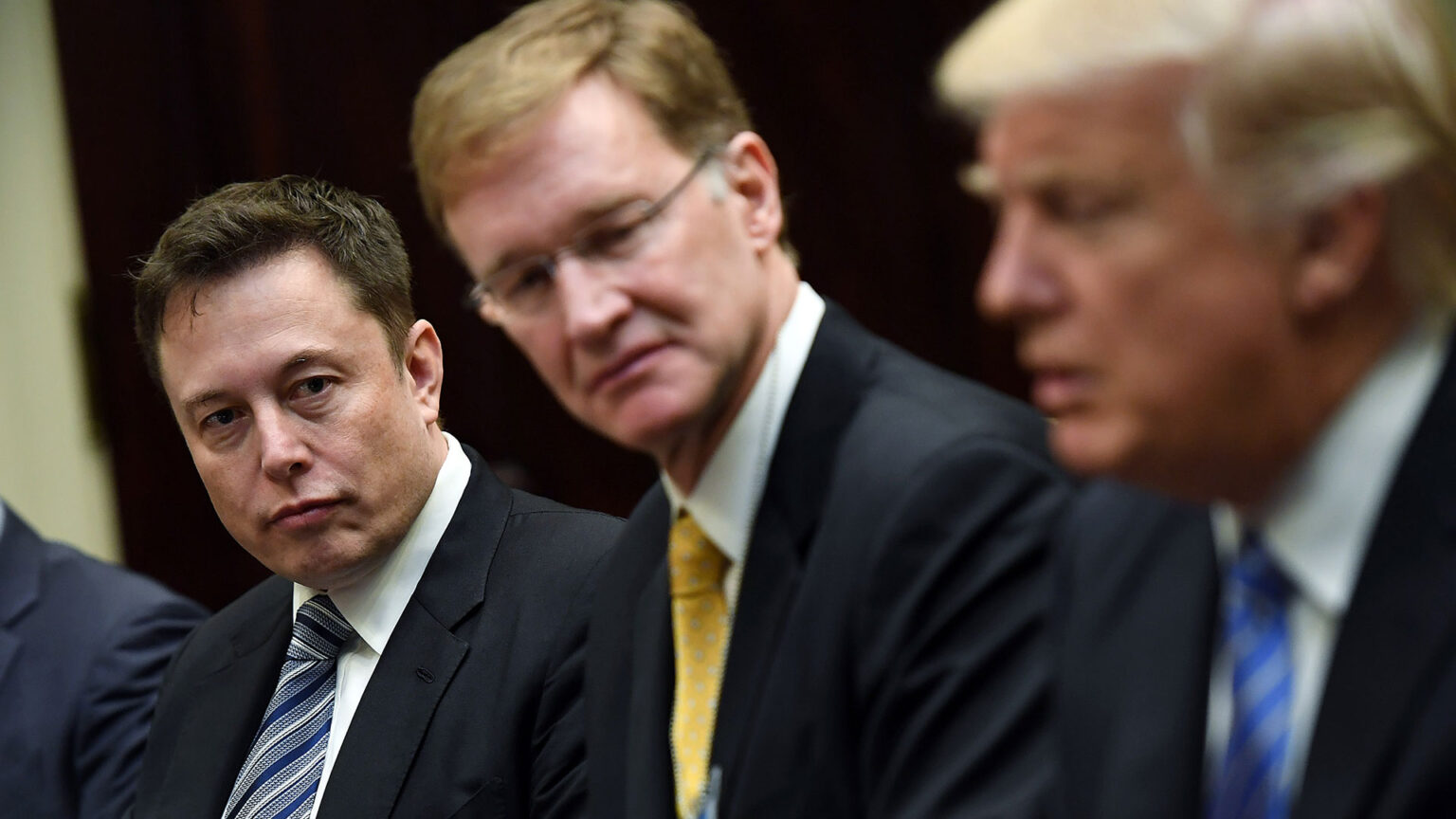The incoming Trump administration may move to eliminate a provision that requires automakers to report crashes involving their self-driving cars. This will be one of several components of the transition team’s 100-day strategy for automotive policy, Reuters reported Friday, citing a document the news agency had seen. The administration is said to be eliminating the requirement as part of an effort to trim what it calls “excessive” data collection. But excessive for whom, exactly?
If you’ve been off-planet for the past month, you may not be aware that Tesla CEO Elon Musk is (yet again) a member of President-Elect Donald Trump’s inner circle. This time, he’s a part of the new Department of Government Efficiency. While the wire service was unable to confirm that Musk had any personal involvement in drafting the 100-day strategy, it’s not difficult to imagine how this particular item made the shortlist. According to the wire service, Tesla accounted for more than 88% of fatal self-driving crash reports made to the National Highway Transportation Safety Administration (NHTSA) through October of this year.
The EV builder is not the only automaker that stands to benefit, of course. According to the wire service, the Alliance for Automotive Innovation, which represents pretty much every major automaker that isn’t Tesla, has previously described the existing mandate as “burdensome.” Currently, the industry group’s website has this to say:
“Auto Innovators supports policy initiatives that facilitate innovation and remove obstacles to the safe testing and deployment of highly automated vehicles and streamline legislative and regulatory activity to support the global manufacturing process. Auto Innovators supports NHTSA’s assessment of the roles of federal and state authorities. As described in NHTSA’s AV guidance, the oversight of system safety design, performance and certification is most appropriately carried out at the federal level, while states should continue their traditional role of handling vehicle registration, licensing and insurance issues.”
Reading between the lines, automakers would generally prefer that the government simply go away. No surprise there. This is not the only consumer-friendly federal mandate that could disappear with the new administration. The various provisions of the Inflation Reduction Act that provided subsidies for electrified vehicles and the infrastructure to support them are all in jeopardy too. After all, Tesla burned through its first round of federal subsidies many years ago, and Musk has said that while ending them now could slightly hurt Tesla, such a move would be “devastating” to the competition.
While the administration will have virtually free rein to alter many of these regulations, it will have a tougher time renewing its fight against the state of California, whose authority to impose its own emissions standards has been upheld since the chaos of Trump’s first term.
Got tips? Send ’em to tips@thedrive.com
Read the full article here

